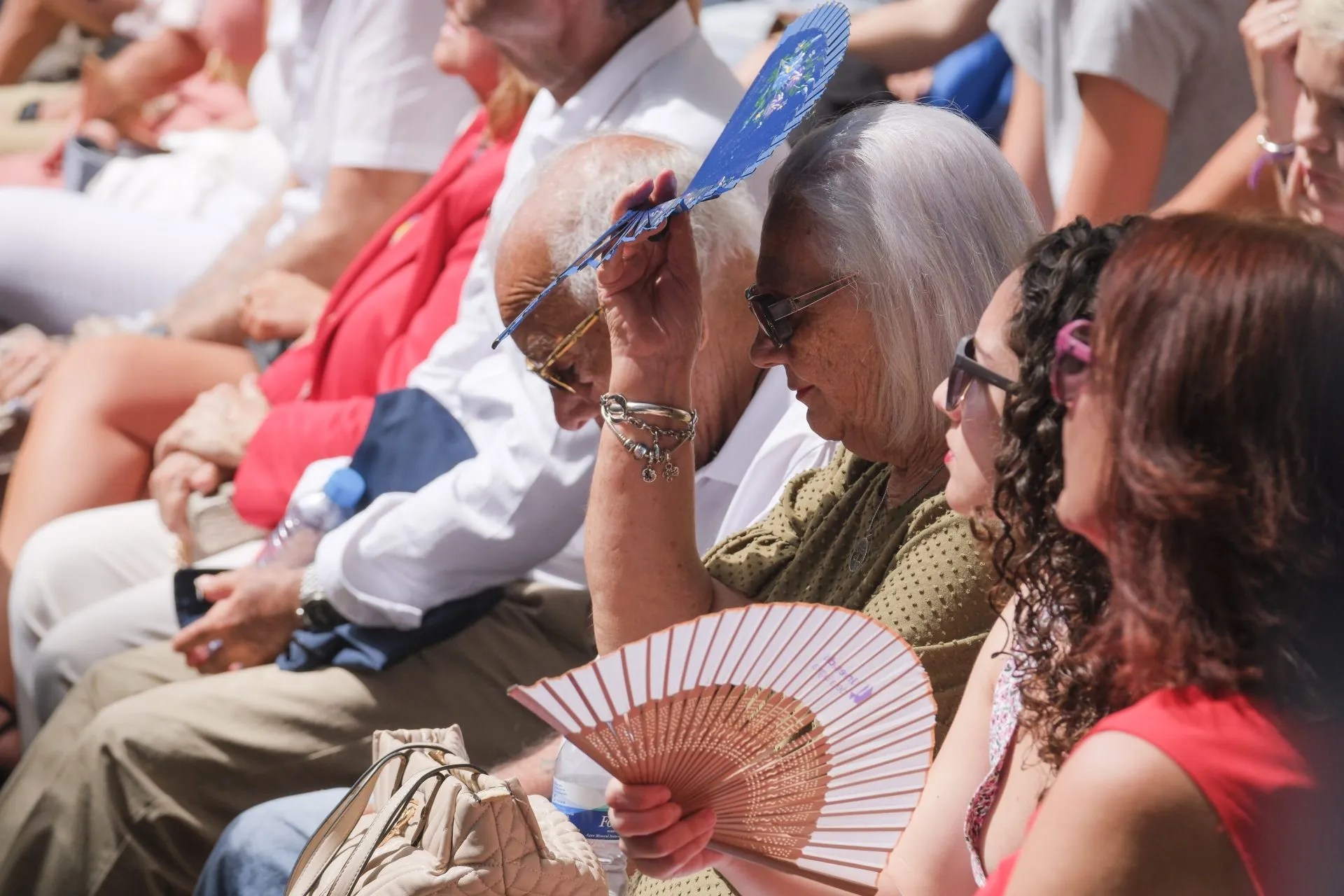The ecological platform Save La Tejita criticized this Friday that the Engine Circuit that the Cabildo of Tenerife builds in the municipality of Granadilla does not have studies on sewage sanitation or the impact of noise or light pollution in the area.
In a statement, the environmentalists detail that within the information published by the Cabildo there should be two separate authorizations for sewage, but that the administration “has denied” access to these documents, “if they exist.”
The same occurs with the mandatory authorization from the Institute of Astrophysics of the Canary Islands (IAC) that corresponds to light pollution, “and what is even more serious”, the Cabildo has not included any calculation for noise pollution, but rather intends to “carry out some tests” once the Circuit is open, and then, according to his project, “modify the residents’ homes to counteract the noise.”
“In addition to the illegality of this method, no funds have been included for it within the budget, which consists 100% of public funds,” the platform highlights.
Therefore, it warns that “either the Cabildo has approved the Motor Circuit project without mandatory authorizations or technical reports, or the administration has these documents but hides them from the public, thus failing to comply with urban planning regulations or relative legislation.” to the right to public information.”
The platform also recognizes that the UN considers Salvar La Tejita’s complaint against Spain “not admissible” in relation to the position of the Tenerife Council of not providing environmental information but the reason, according to the Compliance Committee of the Aarhus International Convention of the UN, is that an investigation by the Ombudsman is still open and until this national institution has concluded its functions, “the UN cannot intervene.”
The complaint was preliminarily admitted for processing by the UN last September and now, after a subsequent meeting, the organization determines that Salvar La Tejita has not yet exhausted all avenues of complaint due to the denial of information and public participation available in the country of origin, that is, in the Spanish case, the Ombudsman.
However, the legal person responsible for the branch, the secretary of the Committee, has assured the association that in the event that the Ombudsman cannot resolve the matter, Salvar La Tejita can raise the case again before the UN.















